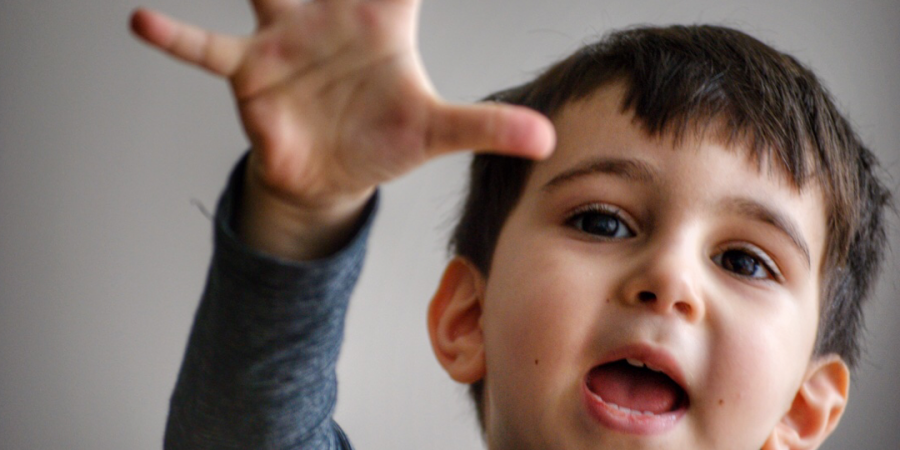What is an individualized learning process?
The individualization of the learning process is not one-to-one individual teaching. This means adapting the teaching to the individual characteristics of students – their rhythm of acquiring knowledge, language skills, preferred methods, and cognitive predispositions.
Individualization means ‘when‘. The academic goals are equal for all in the class, but there is a different speed in progress due to the particular learning needs of each student. Moreover, it indicates the diversity of methods, times and tools when designing classroom work.
Is there a difference between individualization and personalization?
It is a method of approach to teaching and learning processes that provides education capable of satisfying different traits of students and their individual needs by differentiating and modeling the paths and activities in which they participate. However, there is a difference between individualization and personalization. By individualization, we understand the possibility of achieving common goals for a given group with various mediators selected in accordance with the students’ particular needs and allowance of a school. By personalization, we mean the ability to build a path with related goals tailored to a specific student.
The goal of the individualization of a learning approach is to structure the educational intervention or reinforcement to avoid unpleasant situations and possible psychological repercussions of students.
How do you configure an assessment aimed at individualization?
The assessment, within the framework of the individualization strategies, is mainly configured as a ‘regulation and correction device of a didactic proposal‘, which allows to adapt the systematic observation activity starting from checklists and verification assessment of the learning expected by each in fact, pupil assumes particular relevance in the effective planning of training courses that know how to adapt to the needs and resources of each one, through the use of didactic strategies and diversified materials.
What are the performance standards?
If individualization involves the activation of paths that, although they can also be configured in a way and according to significantly different times, converge towards the achievement of common goals, the evaluation within the framework of this strategy will necessarily have to focus on ‘performance standards‘, that is, at the levels of competence deemed socially desirable, or with the judgment criteria specific to a specific field of cultural activity or with the mastery thresholds (from the beginner to the expert level), which can be and must be foreseen and accurately described. In fact, it is a matter of assessing to what extent students meet a standard and consequently to what extent their performance is close to or far from the objectives previously defined, in a detailed and precise way.
What are the regulations containing rules regarding the autonomy of educational institutions?
- Educational institutions recognize and increase the variety of interventions, promote the potential of each student, undertaking all initiatives useful for achieving educational success.
- Educational institutions regulate the pace of teaching and performing various disciplines and activities in the manner best suited to the type of study and learning rhythms. For this purpose, they can undertake all forms of flexibility, as they consider appropriate with the activation of individualized teaching courses.
Which are the goals of individualizing the learning process?
- preventing discomfort and psychological consequences
- structuring educational activities
- qualification for diagnosis
- activation of compensation measures
- preparing strategies and methods to facilitate learning
We are witnessing a real educational and didactic revolution thanks to new scientific discoveries, as well as because we are witnessing a process of cultural evolution and transformation. Fortunately, more and more emphasis and attention are focused on learning difficulties that were previously classified as apathy, inability to work, lack of commitment.
Efforts are being made to work more on prevention and to improve assistance after diagnosis. In human nature, there are no atypical attitudes or behaviors that do not cause functional or mental discomfort for the individual, which consequently affects school success.
